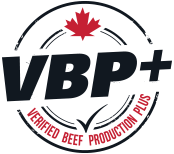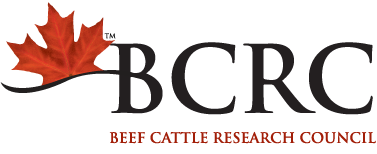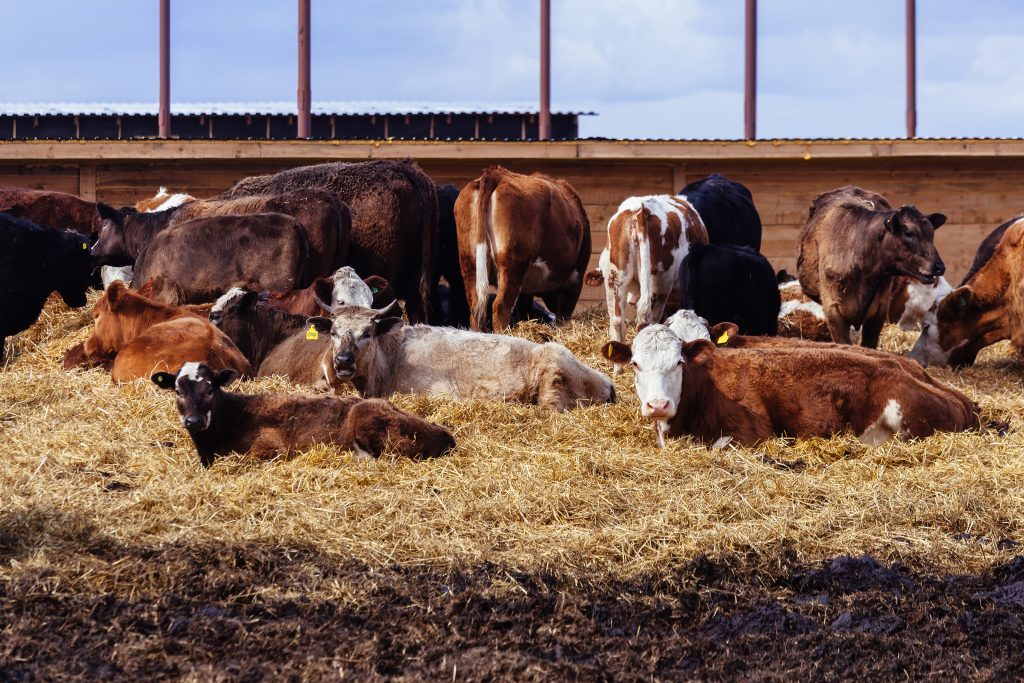
It’s no secret that calving time draws extra attention to keeping pathogens out of pens, but it’s also a time when there are more opportunities for them to come in.
On the latest episode of the Simply Verified Beef podcast, we sat down with three guests to discuss advice for producers who are out shopping for seedstock while calving at home.
Leigh Rosengren
Chief Veterinary Officer
Canadian Cattle Association
Ed Pajor
Director
WA Ranches
Heidi Bennett
Cow Boss and Activity Coordinator
WA Ranches
Of course, newborn calves are more susceptible to disease and calving cows are under more immune pressure than usual. However, we don’t always consider the human pressure at calving time.
“Calving season is such a critical time of year,” says Leigh. “It’s what sets us up for our production for the entire year. We double the population and quadruple the workload. So if you haven’t thought through ahead of time what you’re going to do to protect that herd, you’re certainly not going to be thinking about that during calving.”
Planning ahead with clear protocols for preventing disease in the herd makes executing those practices easier when the time comes. As Leigh puts it, “biosecurity is a mindset. We can think about it as this protocol that you write and put away, but biosecurity really works best when we think about it as a daily practice.”
Biosecurity can be intimidating, so it often helps to hear what other producers have had success with. Here’s what Leigh, Heidi, and Ed recommend when out looking for bulls or other breeding stock:
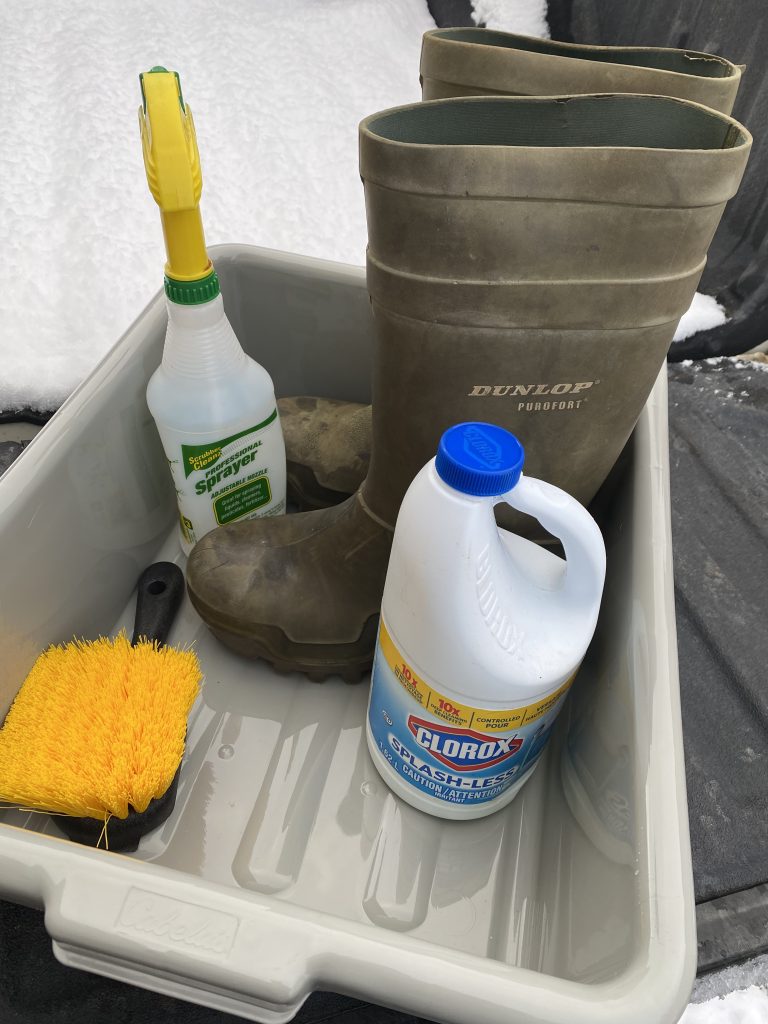
- Dedicate a set of clothing and boots for visiting other farms
- Use rubber floor mats in your vehicle and wash them when you return home
- Wash, disinfect, and dry clothes and boots
- Quarantine new stock when they come to your farm
Of course, producers selling seedstock also need to consider the risks of having visitors who handle cattle come to their farm. Here are the group’s tips for sellers:
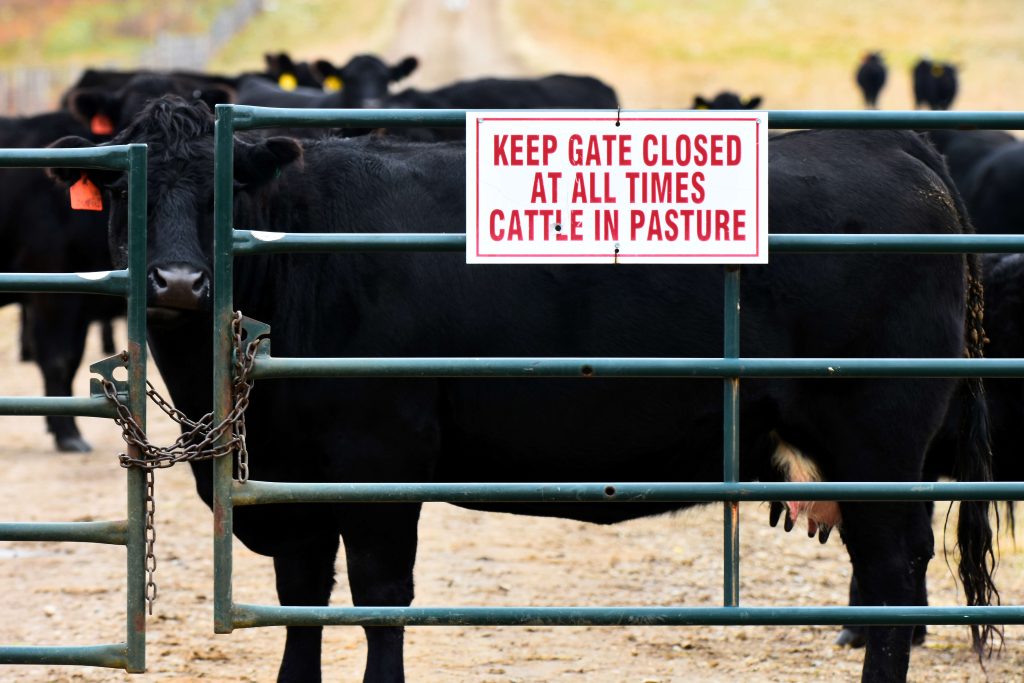
- Designate “dirty” areas of the farm for visitors away from calving facilities, etc.
- Post signage to direct visitors and advise them of any protocols
- Direct parking to a dedicated area
For seedstock producers, it can be hard to set expectations for visitors. A welcoming, customer-forward atmosphere is important for any production sale or for private treaty buyers. But as Leigh and Heidi point out, producers are looking to buy breeding stock from operations with solid herd health. “They’re protecting their program, which means you will protect your program as well,” says Heidi. Demonstrating attention to biosecurity could be a selling point.
In most cases, biosecurity is viewed as more about avoiding problems than promoting solutions. “Sometimes you don’t really know when you’re being successful unless you’re tracking things,” says Ed. Keeping good records and promoting the hard work you put in to protect your herd should be celebrated as success!

